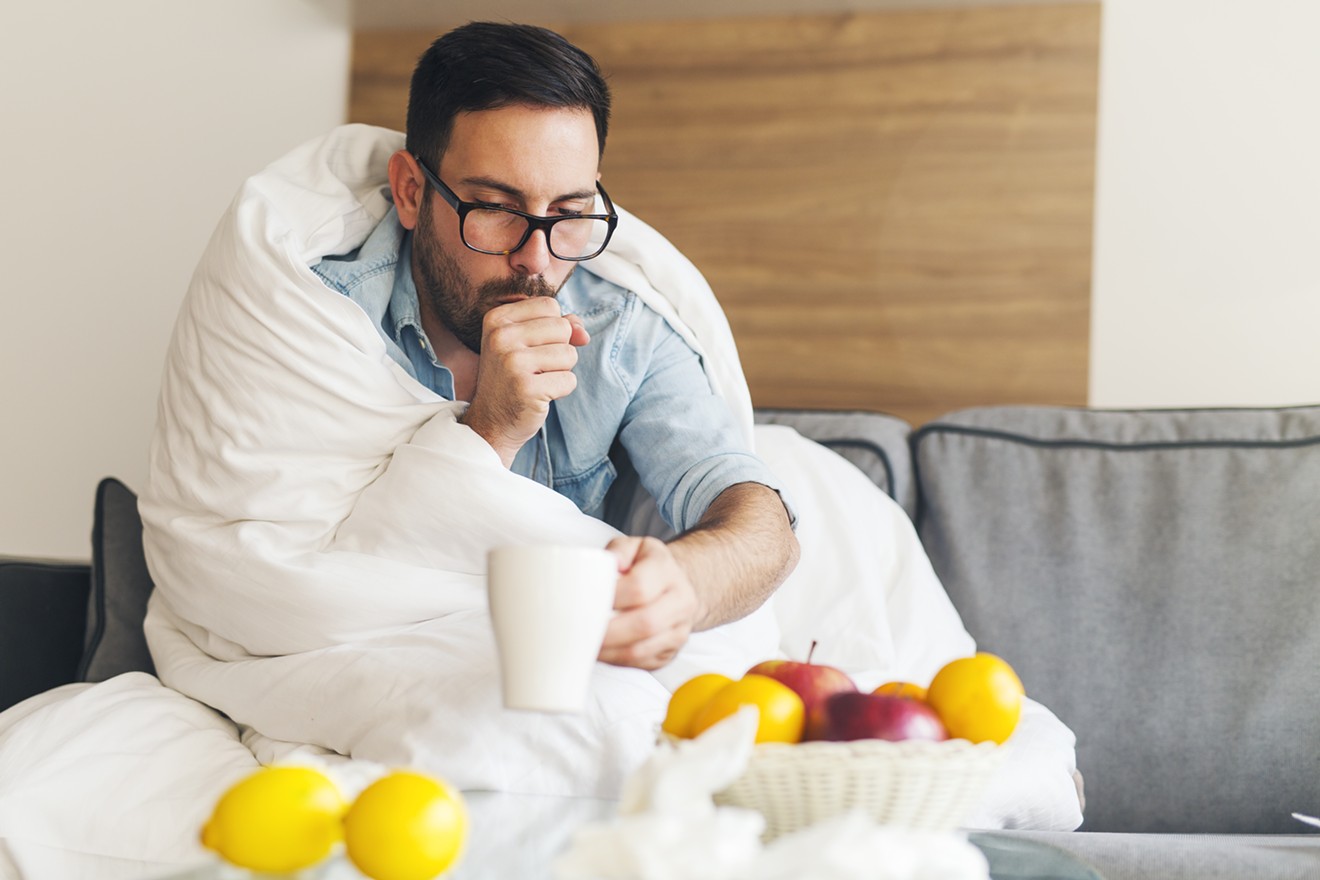Wednesday's council action followed a failed 2018 effort to get sick leave on November's midterm ballot. Under the plan, all employees in the city would be guaranteed one hour of paid sick time for every 30 hours they work. Over the course of a year, Dallas County Health Director Philip Huang said, those six to eight accrued days would be enough to cover most contagious diseases, protecting the health of everyone in the city.
Council supporters of the bill said that the city had a duty to do what it can to protect both the health and financial stability of those who don't already have paid time off.
"I think that what we have here is an opportunity for the city to do a very common-sense exercise of its police power to protect the public health," council member Philip Kingston said. "This is a debate in Austin, but all we're doing here is making sure that the residents of the city of Dallas have reasonable protection of their public health."
Pleasant Grove's Rickey Callahan, who eventually supported the new ordinance, asked the council to delay voting until the end of the current legislative session in Austin. The Texas Legislature is currently considering multiple bills that would ban cities from passing their own paid sick leave laws.
The council voted 9-5 against the delay.
"It's taken a long time to get here today, and people deserve a vote on this," City Council member Scott Griggs said. "This is the morally right thing to do. In the interest of public health, this is the right thing to do. In the interest of our fight against poverty in the city of Dallas, this is the right thing to do. A vote to delay this is a vote to deny this."
Austin officials aren't coming up I-35 to help Dallas, Griggs said, so the city needs to stick up for itself.
"Let's see you vote no and vote against 300,000 people in the city of Dallas," Griggs dared his colleagues."Let's see you vote no and vote against 300,000 people in the city of Dallas." — Scott Griggs
tweet this
Four members of the council, including Dallas Mayor Mike Rawlings, took Griggs up on his challenge and voted against the plan.
"It makes it harder to do business in the city of Dallas, and that's unfortunate," council member Lee Kleinman said. "If we continue to impose more and more regulations on these small business owners, it's only going to hurt us in the long run."
Rawlings said voting for the ordinance didn't matter because of the inevitable challenge it will receive from both Paxton and the Texas Legislature.
"It is fraudulent to suggest that how we vote today is going to impact that issue, because it's not. It's just not," Rawlings said. "Paid sick leave is one of (Austin's) top targets. ... We've got bills flying through that are going to stop us from doing this so whatever we do here — first of all, it's not going to go into effect until August — it's not going to affect us."












